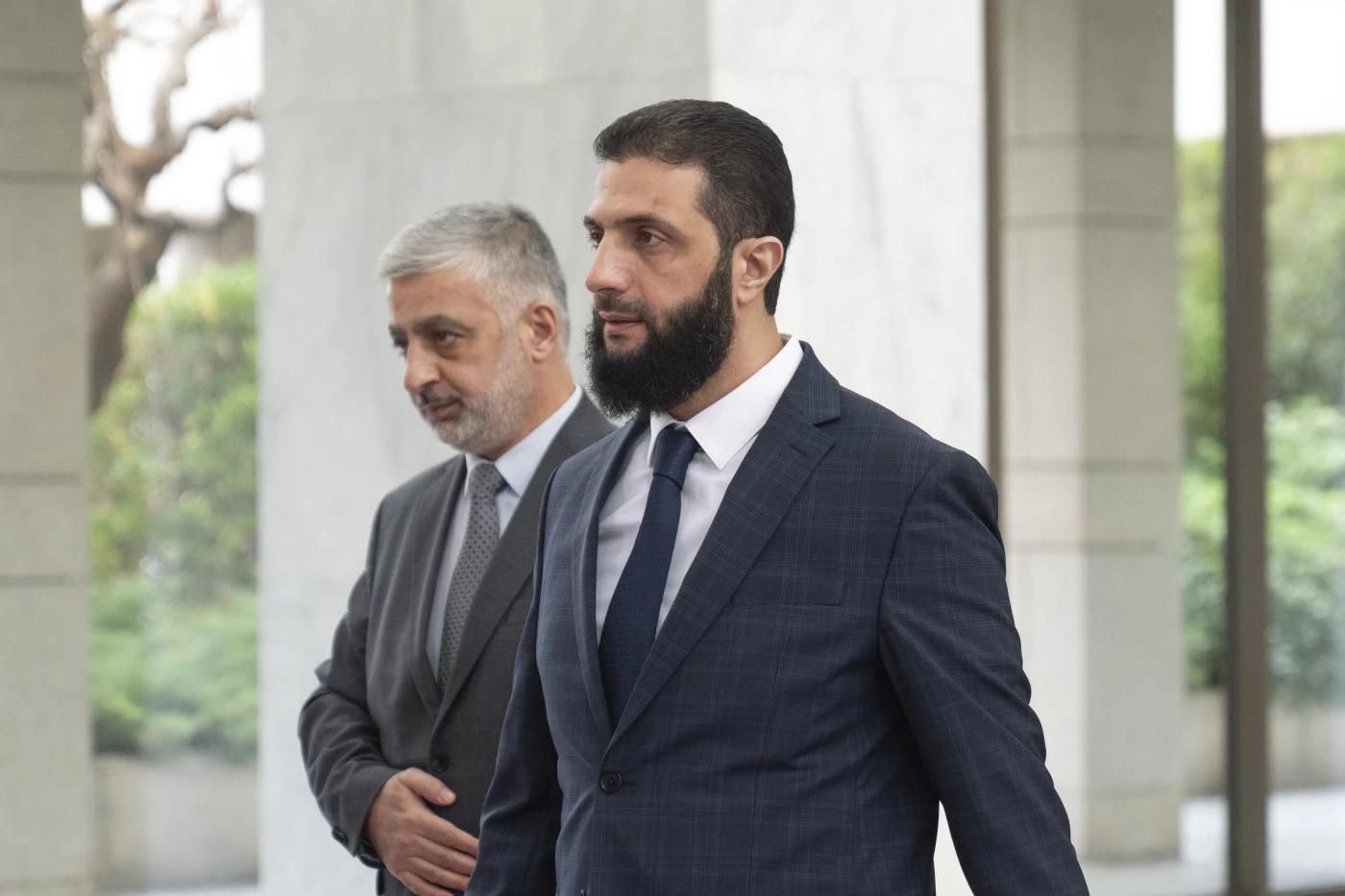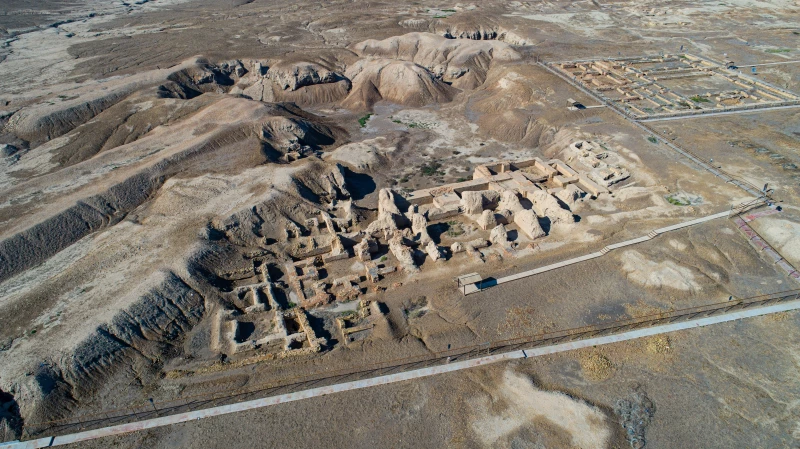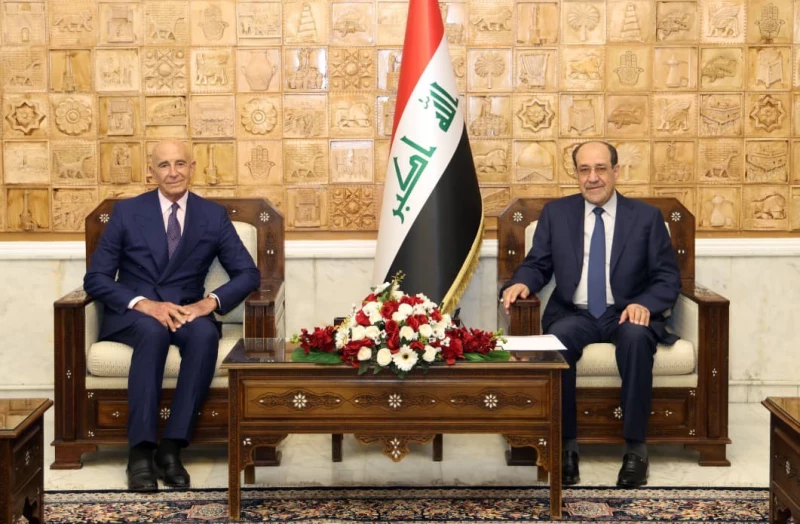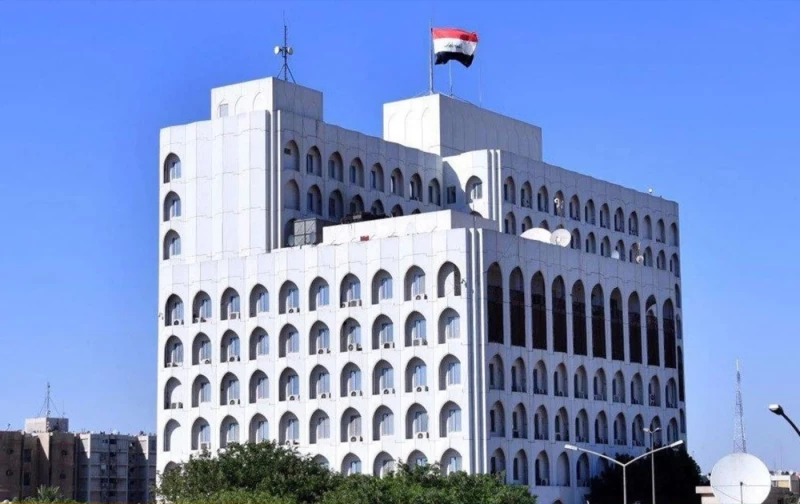ERBIL, Kurdistan Region of Iraq – Alaa al-Hadadi, a lawmaker from Iraq’s State of Law Coalition, on Monday criticized the potential absence of Syrian President Ahmed al-Sharaa from the upcoming Arab League summit in Baghdad, calling it “an insult to Iraq.”
“If President Ahmad al-Sharaa does not attend the Arab Summit scheduled for May in Baghdad, it would be considered an insult to Iraq,” Hadadi said during a televised interview monitored by The New Region.
Hadadi also suggested that his coalition may consider withdrawing from the political process, drawing a parallel to the National Shiite Movement’s decision to boycott elections.
“The [National Shiite Movement's] boycott was calculated. A day might come when the State of Law Coalition also decides to boycott,” he said.
Hadadi further claimed there is a political consensus preventing any prime minister from serving two terms following Nouri al-Maliki. He added that his bloc had supported the current government led by Prime Minister Mohammed Shia’ al-Sudani but said, “If these current mistakes had occurred a year ago, we would have moved to withdraw confidence. We supported the government, but the course has deviated.”
He also defended proposed changes to Iraq’s election law, calling them “a healthy step” aimed at resolving structural issues. Hadadi noted that, while the Sadrist Movement withdrew from the Coordination Framework, they "gave the government a chance despite its ability to disrupt. Today, we are witnessing a political calm we haven’t seen before.”
Meanwhile, Ali al-Jurani, a member of the Hikma Movement led by Ammar al-Hakim, said he does not expect President Sharaa to attend the summit in Baghdad.
On the issue of electoral legislation, Jurani said the majority of Coordination Framework parties prefer to keep the current election law unchanged.
“The current law has faced the least political objections, and there isn’t enough time to amend it before the next election,” Jurani said, adding that the upcoming vote will be “a pivotal moment as we work to solidify the system.”
He also addressed the position of the National Shiite Movement, saying, “The movement believes in the political process, but it has issues with how it is being implemented.”



 Facebook
Facebook
 LinkedIn
LinkedIn
 Telegram
Telegram
 X
X


